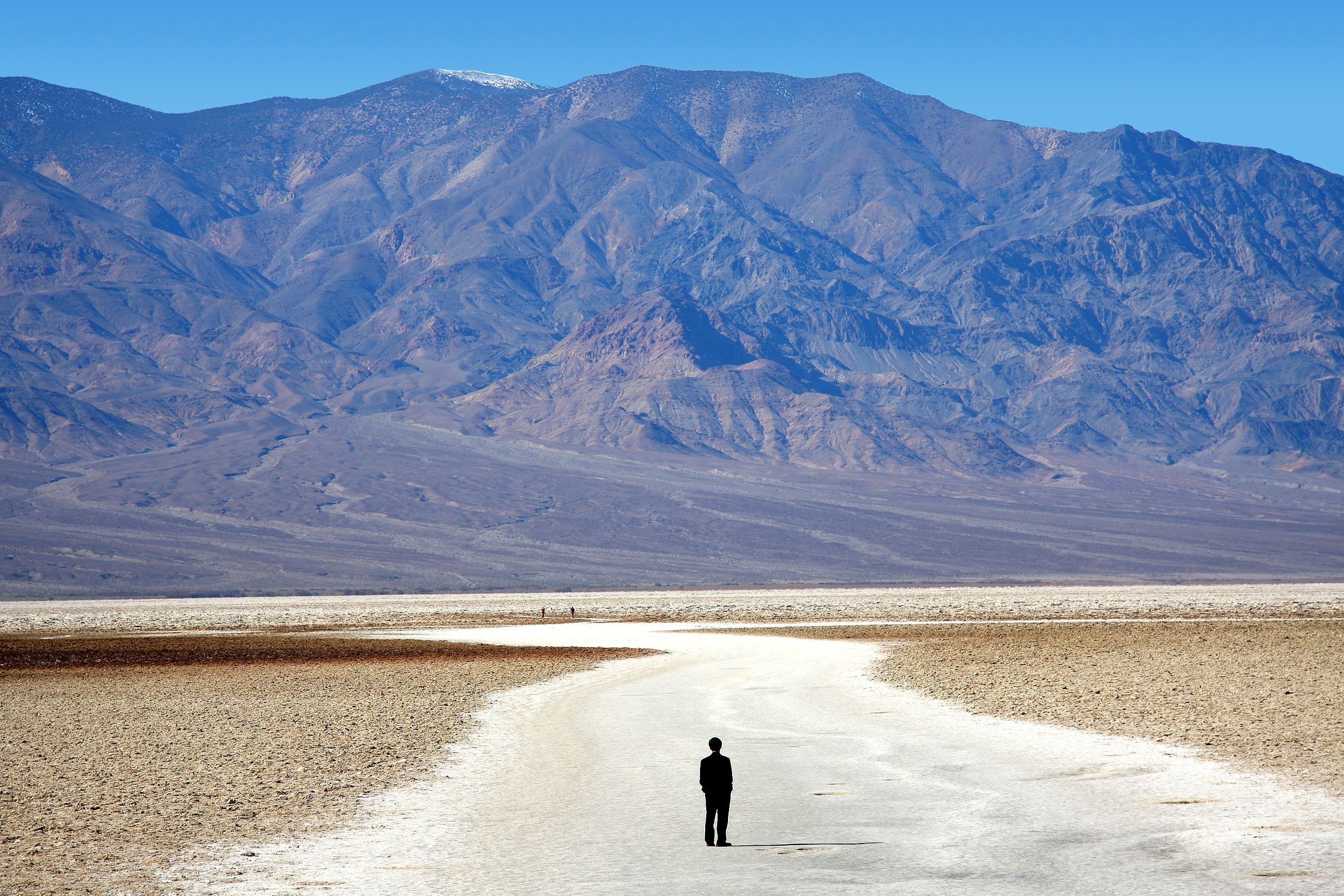Brutal Truths: Rowan Williams on Why Reading Stringfellow is Hard
 |
| Photographersnature [CC BY-SA 3.0 (https://creativecommons.org/licenses/by-sa/3.0)], via Wikimedia Commons [Public domain] |
I confess that this project has been, and continues to be, a struggle, though it isn't self-evident why this is so. After all, the major corpus is manageable: Stringfellow wrote or co-wrote 15 books, none of which -- except for an astonishing, absolutely unclassifiable "biography" of Bishop James Pike -- is particularly long. Stringfellow's writing can be dense, to be sure, but he typically eschewed academic theological jargon. Reading him isn't like plowing through the ponderous tomes of a Barth or a Rahner. A good chunk of the material is autobiographical, focused on current events and practical struggles, or otherwise occasional in character.
Such interpreters as Bill Wylie-Kellermann, Andrew McThenia, and Anthony Dancer have highlighted the challenges of working on Stringfellow. These include, among other things, a plosively "dialectical" rhetorical style (see Walter Wink's brilliant essay, "Stringfellow on the Powers," in Radical Christian and Exemplary Lawyer, ed. Andrew W. McThenia, Jr., Eerdmans, 1995). As an aspiring independent scholar, I take succor in knowing that one of the most distinguished theologians in the world recognizes the difficulties of wrestling with this sometimes quixotic writer (who grew up, incidentally, in Northampton, Massachusetts -- virtually in my own back yard). Rowan Williams, moreover, in his forward to Dancer's probing study, tags several of the probable reasons why serious scholarly engagement with and appropriation of Stringfellow has been sporadic, at best.
An Alien in a Strange Land: Theology in the Life of William Stringfellow, By Anthony Dancer (Eugene, OR: Cascade 2011).
Williams attributes some of the imposing aspects of Stringfellow's work to personal quirks, stoked by a passion and uncompromising temperament perhaps not so uncommon among prophetic voices. "The mercilous concentration of Stringfellow's prose can sometimes come across simply as tense, grating, and even pompous," Williams writes.
His personal tensions and disagreements were often wrapped in the rhetoric of high principle, as if there were one and only one utterly correct way of responding to specific problems (p. vii).
Stringfellow was incisively, and trenchantly, iconoclastic and polemical. He was a fierce (and perhaps not always completely fair) critic of both the theological right and left of his time. This polarity of a (in some respects) traditionalist theological orientation with left-wing political praxis mirrors, perhaps, the life-work of some of his more famous contemporaries, such as Dorothy Day and Thomas Merton. Williams writes:
A passionate radical, committed to the poor and to a variety of "progressive" causes, he was a scathing critic of the reduction of Christianity to social service (ibid.)
Stringfellow was an adamant Biblicist, but hardly a fundamentalist. His first book, A Public and Private Faith (1962), unleashes a scathing critique of evangelical pietism and the revival craze that had crested in 1950s. Yet, this same author had angrily resigned from the leadership group of the East Harlem Protestant Parish, a liberal Protestant social-justice ministry, calling out the community for its (ostensible) diffidence toward Bible study and its disregard toward established congregations. He wasn't ordained, he had no graduate degree in theology, and he never held any academic post, yet he navigated the lines between church, academy, and society. It is hard to peg such a figure on the map of 20th century theology and ethics.
Moreover, arguably, Stringfellow suffered the brunt of his vocation to work, both in secular and ecclesiastical advocacy, among the marginalized and afflicted -- poor African Americans and Latinos in Harlem, drug dealers and gang leaders, early gay-rights advocacy groups such as Integrity and the Mattachine Society, and the first women ordained to holy orders in the Episcopal Church, before their right to seek ordination was recognized canonically. Stringfellow might have worked from the margins, but he hardly stayed on the sidelines, and he entered the lists in some of the more pointed social and ecclesial battles of the late 20th century. His close friendship with the Berrigan brothers and other radical peace activists became notorious.
Stringfellow was stridently political when it was least politic to be so -- as when, as one of the interlocutors at a University of Chicago panel in 1962, his pointed inquiries into the principalities and powers earned the respect of an elderly Karl Barth, who was reticent to criticize openly U.S. imperialism during his whirlwind American tour. Similarly, in a Race and Religion conference the following year, Stringfellow stunned an audience of leading civil rights and religious leaders -- as the respondent to a speech by Abraham Joshua Heschel, no less -- as he criticized them for not going far enough and fast enough to address an impending racial apocalypse.
Coming to grips with Stringfellow remains an imposing project, indeed -- but, Williams insists, one that is well worth the effort:
[H]e was a man who indisputably faced and carried the cost of his relentless honesty with enormous courage and style. And the written legacy, complex and forbiddingly intense as much of it is, remains one of the great deposits of twentieth-century English-language theology, deplorably neglected by most and badly in need of the sympathetic tracking of its developments and location against its background that Tony Dancer offers here.(viii)
Perhaps my little exercise in reverse psychology might entice some of you, gentle readers, to investigate Stringfellow's work for yourselves. Who knows, you might even hear a word or two more from me about him in posts to come.
==================================
Follow @jsjackson15

Comments